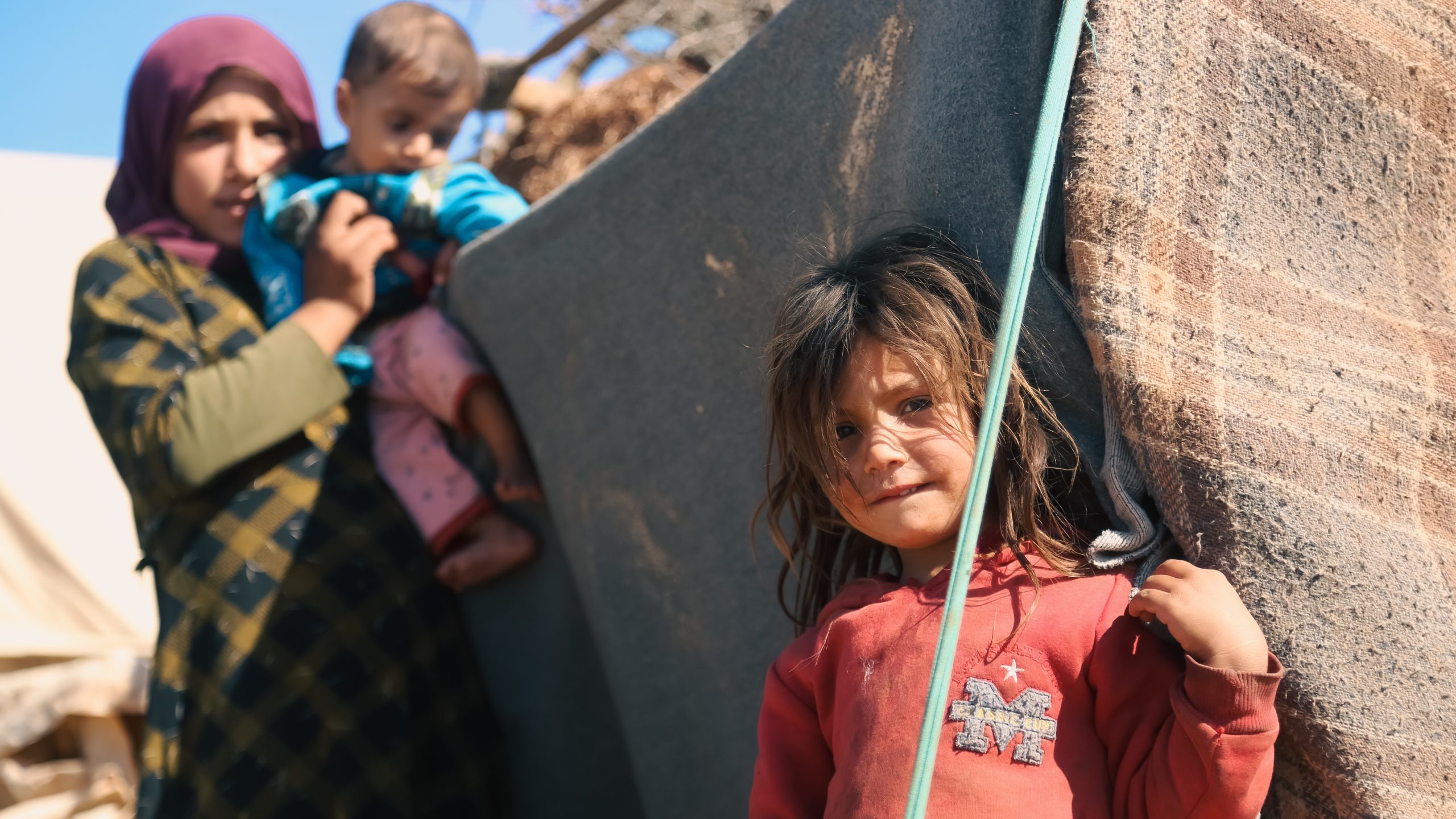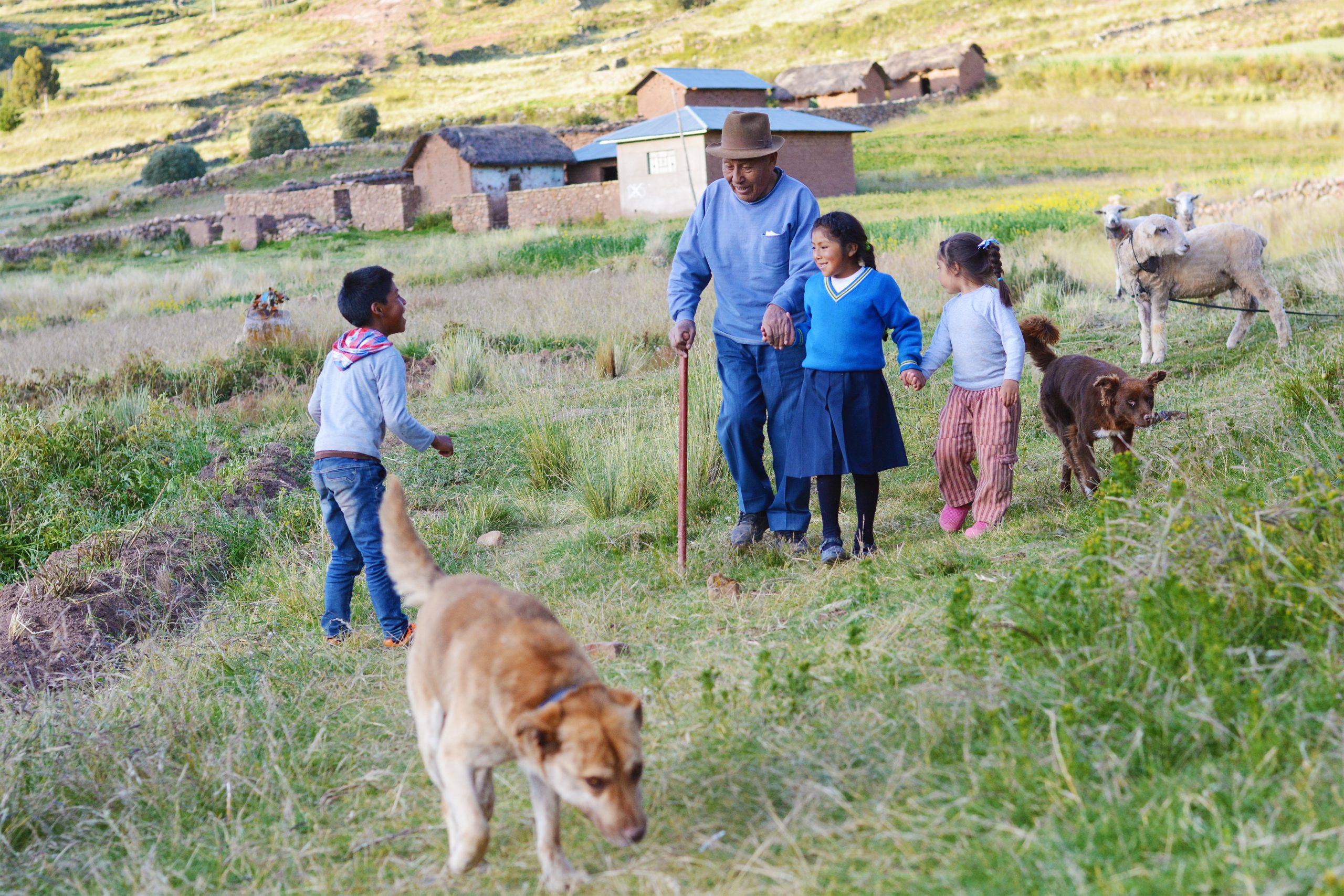Syria has suffered through a brutal civil war between government forces and anti-government Muslim factions. During the conflict, which began in 2011, more than 750,000 Christians fled the country. Those who remained in Syria endured not only horrific violence but also restrictions similar to those seen in other Muslim nations throughout the region. But since the overthrow of President Bashar al-Assad, in December 2024, our Christian brothers and sisters in Syria have experienced the freedom to practise their faith in ways not previously possible.
One Christian who remained in Syria during the civil war pastored a church in the northwestern part of the country. In 2021, Assad’s regime closed the church, and it remained closed after the pastor’s death. Yet church members continued to gather secretly in homes for the next three years.
“We loved each other deeply and stayed united during the closure,” a church member said. “The key verse during that time was Romans 8:37, “Yet in all these things we are more than conquerors through Him who loved us.” Our victory wasn’t about possessions or even reopening the church; our victory was in Christ. And because we had already overcome in Him, God prepared everything so that we could rejoice even more when the church finally reopened.”
Following the overthrow of Assad, the church began gathering publicly again on 12 January.
“We had been praying for God to intervene because my house was getting too small for everyone,” the church member said. “When we returned, the church members shared the cost of renovating the building and buying batteries for electricity. We all felt great joy and confidence in the Lord. It was an answer to prayer.”
While the reopening of churches and relative freedom to practise their faith openly are hopeful developments for Christians in Syria, they remain cautious, still under the oppressive shadow of the new governing authorities’ Islamist ideology. The interim president, Ahmed al-Sharaa, is the head of Hay’at Tahrir al-Sham, a group with ties to al-Qaida that is considered by some nations, including Australia, to be a terrorist organisation.
Front-line workers report that the new authorities, who control public security, the military and the interim government, have increased the influence of Islam in public life. They have introduced Koranic study into the school curriculum and created Muslim prayer spaces in public places and universities. Muslims have also reportedly been distributing Islamic religious pamphlets in predominantly Christian areas.
“These changes … raise concerns about [the governing authorities’] long-term impact,” said a VOM worker.
Another front-line worker reported that pastors in different parts of the country have been told by leaders associated with the government, “Just wait until we get our feet on the ground; then we will deal with the Christians.” The VOM worker said the situation remains especially dangerous for Muslim background believers.
“Many Muslim-background believers are currently feeling fearful of being targeted,” he said, “as the new authorities have adopted a stricter Islamic stance.”



Submit a Prayer